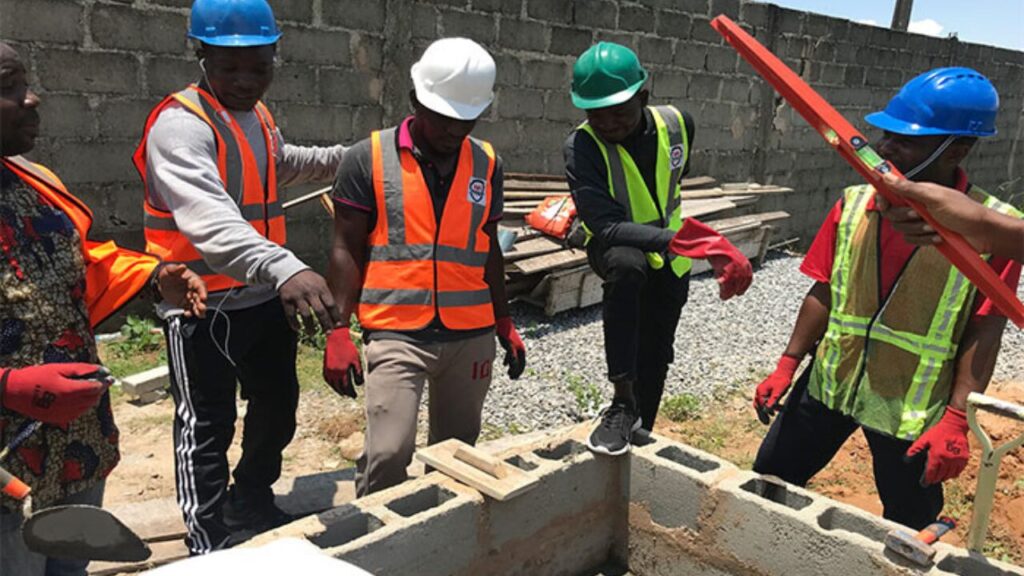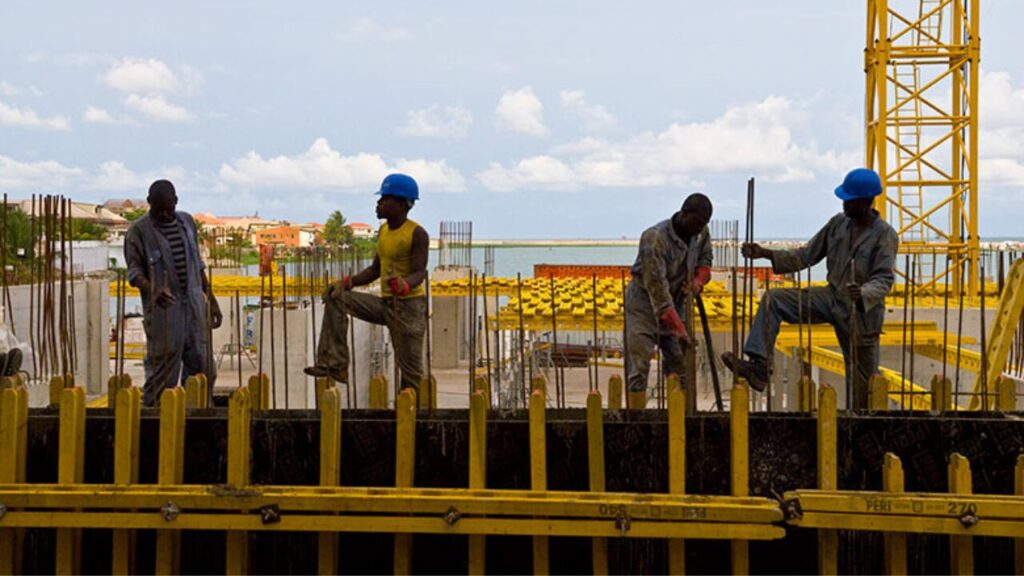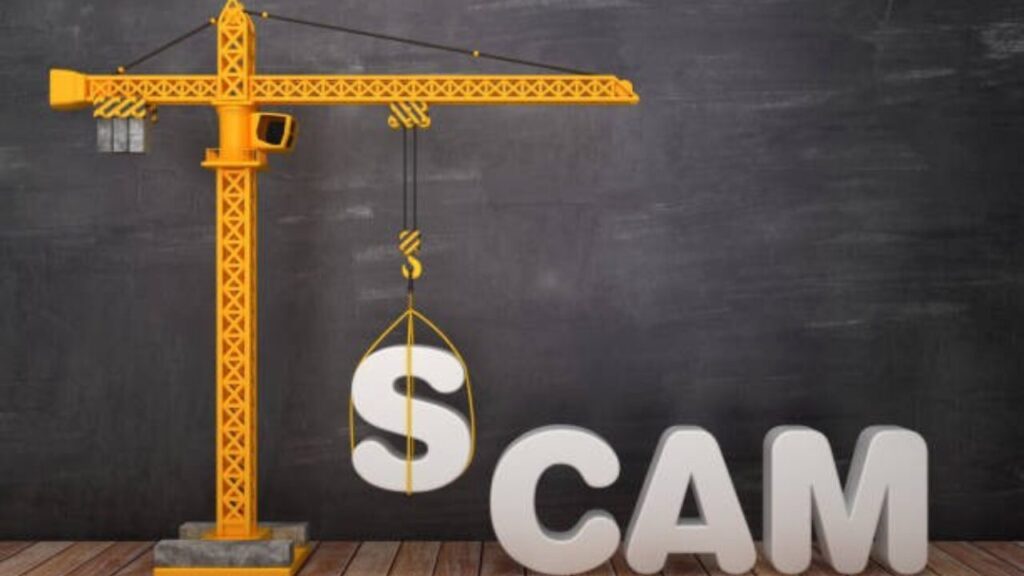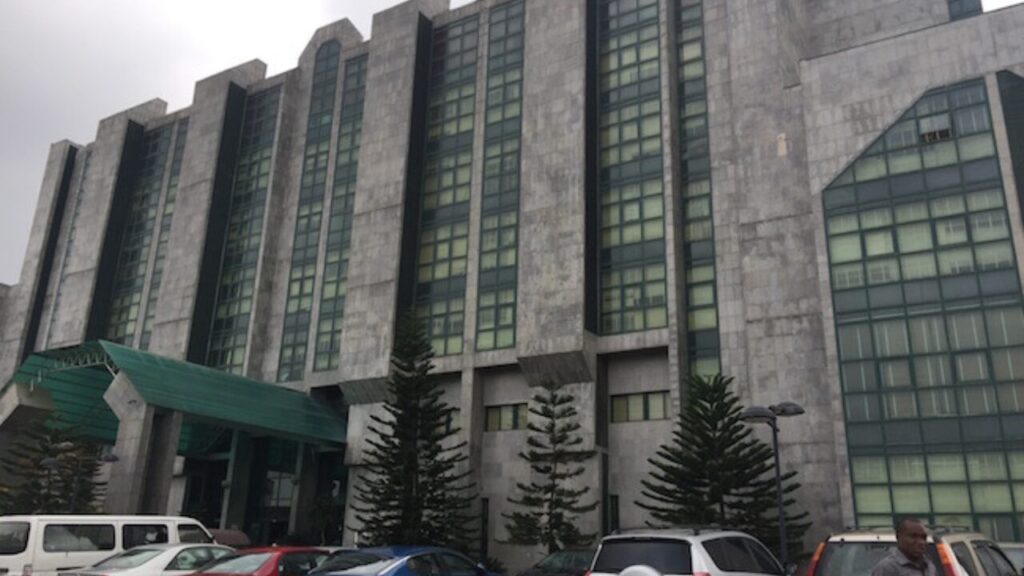Hello, dear! If you’re considering a construction project in Nigeria,
Table of Contents
Toggleyou probably know that it’s an exciting but sometimes challenging venture.
From building your house to investing in a commercial property, construction brings many possibilities.
However, there’s also a less pleasant side to this journey – the risk of falling victim to scams.
Construction scams are sadly common in Nigeria, and they often leave people with financial losses,
delays, or substandard buildings.
Today, we’re going to look into some of the most common construction scams in Nigeria,
discuss why they’re so prevalent, and offer some practical tips to help you avoid them.
Think of this as a guide to protecting your investment and ensuring
that your construction project goes smoothly. Walk with us.
First, let’s take a look at why construction scams are such a big issue in Nigeria.
Nigeria’s construction industry is booming – just look around and
you’ll see new buildings popping up everywhere.
The demand for housing, office spaces, and infrastructure projects is growing fast.
This growth brings in both legitimate contractors and those looking to make a quick profit,
sometimes through less-than-honest means.
There are several reasons why construction scams are so prevalent in Nigeria.
Weak regulations, a high demand for services, and a lack of awareness
among clients make it easy for scammers to operate.
These scams range from fake building materials to fraudulent contractors,
each posing unique risks to project owners and investors.
Hence, it is important to understand how these scams work is the first step to protecting yourself.

Types of Common Construction Scams in Nigeria
Now, let’s get into the specifics of what these scams actually look like.
Each scam type has its own signs, so if you know what to look out for, you’re already a step ahead.
#1. Unregistered Contractors
Imagine hiring someone to build your house,
only to realize halfway through that they’re not even a licensed contractor.
Unfortunately, this happens more often than you might think.
Unregistered contractors usually lack the necessary skills and qualifications but
promise to complete the work at a low price.
They often start the project, take initial payments,
and then either disappear or deliver poor-quality work.
Remember, if a contractor’s offer sounds too good to be true, it probably is.
#2. Fake Project Bidding
Then, there’s the “fake bidding” scam. This is common for larger projects,
where contractors submit bids to win a project but have no intention of completing it.
They underbid the project, get the initial funding, and then vanish.
This scam is particularly harmful for government and corporate projects but can also affect individuals.
The end result is usually a stalled or abandoned project.
Selling Fake or Substandard Building Materials
Imagine spending millions on what you think are quality materials,
only to find out that they’re substandard or even fake.
Sadly, some suppliers sell low-quality materials that look like the real deal but don’t meet safety standards.
These fake materials can affect the strength and durability of the building, leading to future problems.
It’s common with cement, steel rods, electrical wiring, and plumbing materials.

#3. Overpriced Contracts
Some contractors overinflate project costs by exaggerating the amount of materials or labor required.
Clients, especially those who are unfamiliar with construction costs,
often end up paying more than necessary.
Overpriced contracts are usually signed without clear cost breakdowns,
making it difficult to identify any overcharging until it’s too late.
#4. Fraudulent Land Sales
Land scams are also a big problem in Nigeria.
Many people have lost huge amounts of money by purchasing land that’s either not legally
owned by the seller or has already been sold to someone else.
If you don’t do your due diligence, you might end up with a piece of land that isn’t actually yours.
This is why verifying land titles and ownership is crucial before any purchase.
Why Construction Scams Are So Common in Nigeria
You may wonder, “Why do these scams keep happening?” Well, there are a few main reasons:
1. Lack of Regulation: The construction industry in Nigeria doesn’t have strict enough
regulations, so scammers can often operate without consequences.
2. High Demand for Construction: With Nigeria’s rapid urbanization, there’s high
demand for new buildings, which scammers exploit.
3. Economic Pressures: Inflation and unemployment push some people to resort to
dishonest means to make quick money.
How to Recognize a Construction Scam
Now that we know what these scams look like, let’s talk about how to spot one
before it causes damage. Here are a few red flags to watch out for:
#1. Unusually Low Quotes:
If a contractor is offering a price that’s way below the market rate, be careful.
They may be trying to lure you in with low costs only to increase them later or deliver
substandard work.
#2. Lack of Official Documentation:
Legitimate contractors usually have official business addresses, provide detailed contracts, and issue invoices.
If someone can’t provide these, it’s a sign that they may not be operating legally.
#3. Reluctance to Share Credentials:
A genuine contractor won’t hide their registration, past projects, or references.
Scammers, on the other hand, might avoid providing these details.
#4. Demanding Large Upfront Payments:
Some scammers demand huge deposits or full payments before starting work.
This tactic often means they plan to take the money and disappear.
#5. Vague Project Descriptions:
If a contractor can’t provide a clear, itemized quote, it’s a warning sign.
A proper contractor should be transparent about the costs and scope of the project.

Tips to Avoid Construction Scams in Nigeria
Alright, so how do you protect yourself? Here are some practical tips to avoid falling victim to
these scams:
1. Do Background Checks
Don’t take a contractor’s word at face value. Do some research – ask for references, review their
previous projects, and verify their registration status. In Nigeria,
you can confirm a company’s registration with the Corporate Affairs Commission (CAC).
It’s worth taking the time to ensure they’re legitimate.
2. Use Verified Professionals
Working with registered professionals can reduce your risk significantly.
Choose contractors who are members of reputable organizations like the
Nigerian Institute of Building (NIOB) or the Council of Registered Builders of Nigeria (CORBON).
These memberships show that they meet industry standards and are held accountable for their work.

3. Demand Detailed Contracts
A contract protects both you and the contractor. Insist on a detailed,
written contract that covers the timeline, total cost, payment terms, scope of work, materials, and liability clauses.
This contract will serve as a record and hold the contractor accountable.
If they don’t want to sign a detailed contract, consider it a red flag.
4. Monitor Your Project
Don’t just sit back and wait for updates – stay involved.
Regularly inspect the work and check that materials match what you agreed on.
If you’re not familiar with construction, you can hire a project manager to
monitor the project and ensure everything is on track.
5. Use Secure Payment Methods
Avoid paying in cash whenever possible.
Instead, use bank transfers to create a clear record of payments.
Also, try to hold a significant portion of the payment until certain project milestones are met.
This way, the contractor is motivated to complete the work to get the remaining payment.

Legal Protections Available in Nigeria
Nigeria has some regulatory bodies and laws that offer protection against scams:
Corporate Affairs Commission (CAC): You can verify a company’s registration here to ensure
they’re legitimate.
Consumer Protection Council (CPC): If you encounter a scam, you can file a complaint here
for investigation.
Standards Organisation of Nigeria (SON): This organization sets standards for building
materials, so reach out to them if you suspect materials are substandard.
Construction scams are unfortunate, but with the right knowledge, you can avoid them.
At Bullion Rise Consult, we believe that building with trust, honesty,
and professionalism makes all the difference.
Let’s stay vigilant, informed, and committed to high standards so that we can all
enjoy a safer and more reliable construction experience in Nigeria.










